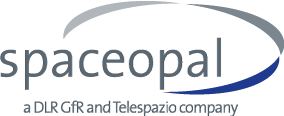26.10.2021
The Galileo Control Centre in Oberpfaffenhofen ready for its first LEOP
Next month two new Galileo satellites, enhancing the coverage of the European Union’s navigation satellite constellation, will be launched in to orbit.
Patrick and Shriya, these are the names given to the two satellites by European students, or more technically GSAT0223 and GSAT0224, will lift off from the Kourou Space Centre in French Guyana, on board an Arianespace Soyuz launch vehicle to join the 26 elements already in orbit.
But between the launch and arrival into the final orbit, Patrick and Shriya will have to face a particular moment in their early lives, the LEOP (Launch and Early Orbit Phase), one of the most crucial phases of a satellite mission, during which satellites are checked-out, configured and finally manoeuvred into the final orbital position.
In fact, it is the LEOP that marks the beginning of a satellite’s in-flight life and, in case of satellites positioned in Medium Earth Orbit (MEO) such as Galileo satellites, at an altitude of over 23,000 Km, can last several days.
For GSAT0223 and GSAT0224, in heritage of the previous successful launches such a sensitive phase will be managed by Spaceopal the prime contractor for the Galileo Service Operator. In full integration with the operations and maintenance teams of DLR GfR mbH, the LEOP operations will be first time performed from the Galileo Control Centre in Oberpfaffenhofen (GCC-D), near Munich in Germany.
In 2021, both Galileo Control Centres have been upgraded with a new system build enhancing its capabilities, among others to enable LEOP operations. During the migration activities the involved industrial team has made a great synergistic effort to achieve, among other things, the handover and handback of management of the operations and maintenance of the 26 satellites in orbit from Germany to the partner Control Centre in Fucino, in Italy (GCC-I) by ensuring service continuity and readiness of the GCC-D for the LEOP activities.
Overall, more than tens of technicians, operators, engineers, system maintenance and cyber security personnel have been transferred to Italy for a two months period, even overcoming the challenges and constraints imposed by the COVID-19 pandemic to secure this activity.
Special thanks is provided to the teams of DLR GfR mbH, Telespazio Spa and GMV as well as from institutional side EUSPA and ESA for collaborating in an tight and integrated manner during this special period to achieve the common objectives set by the EC for the Galileo programme.

